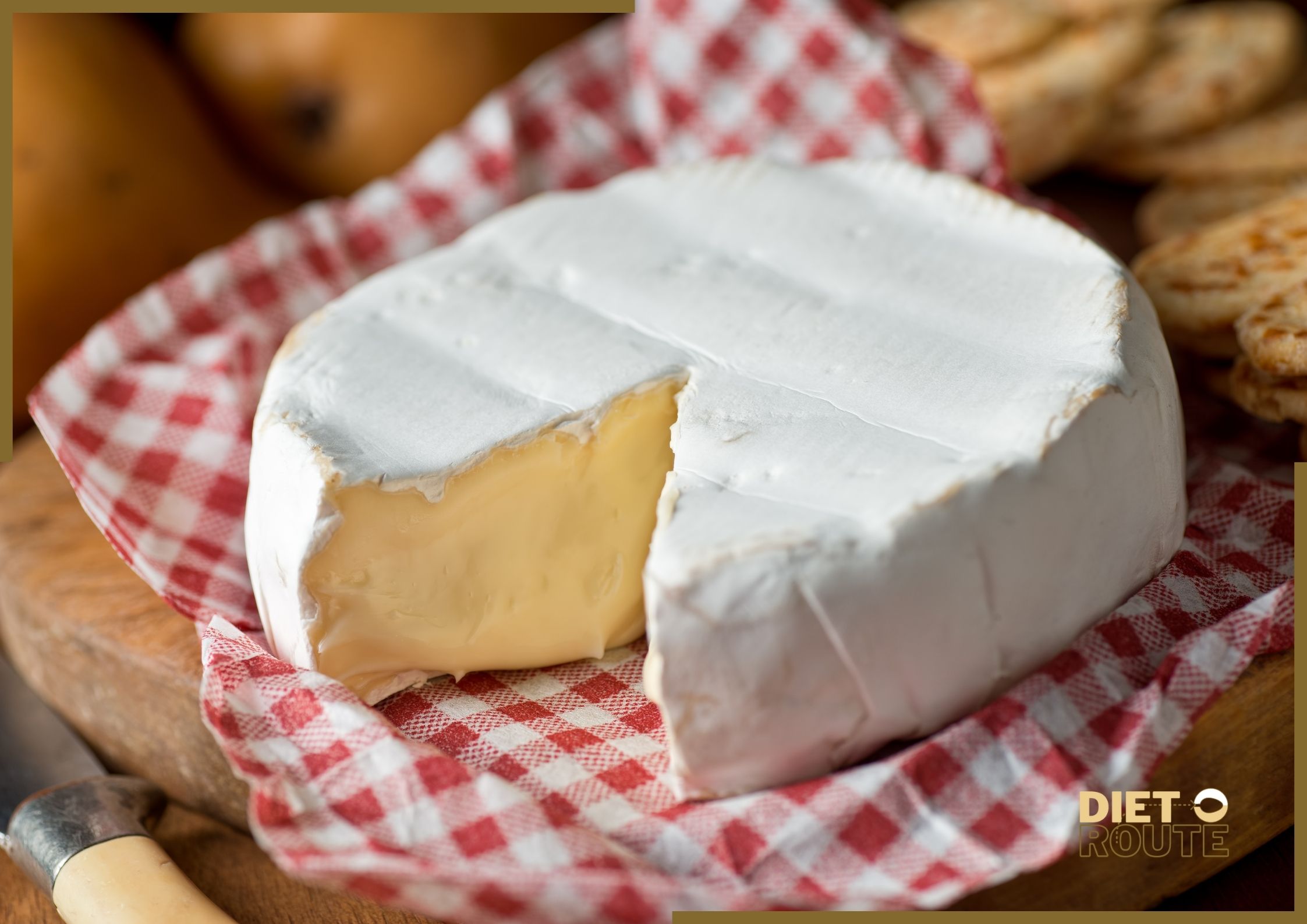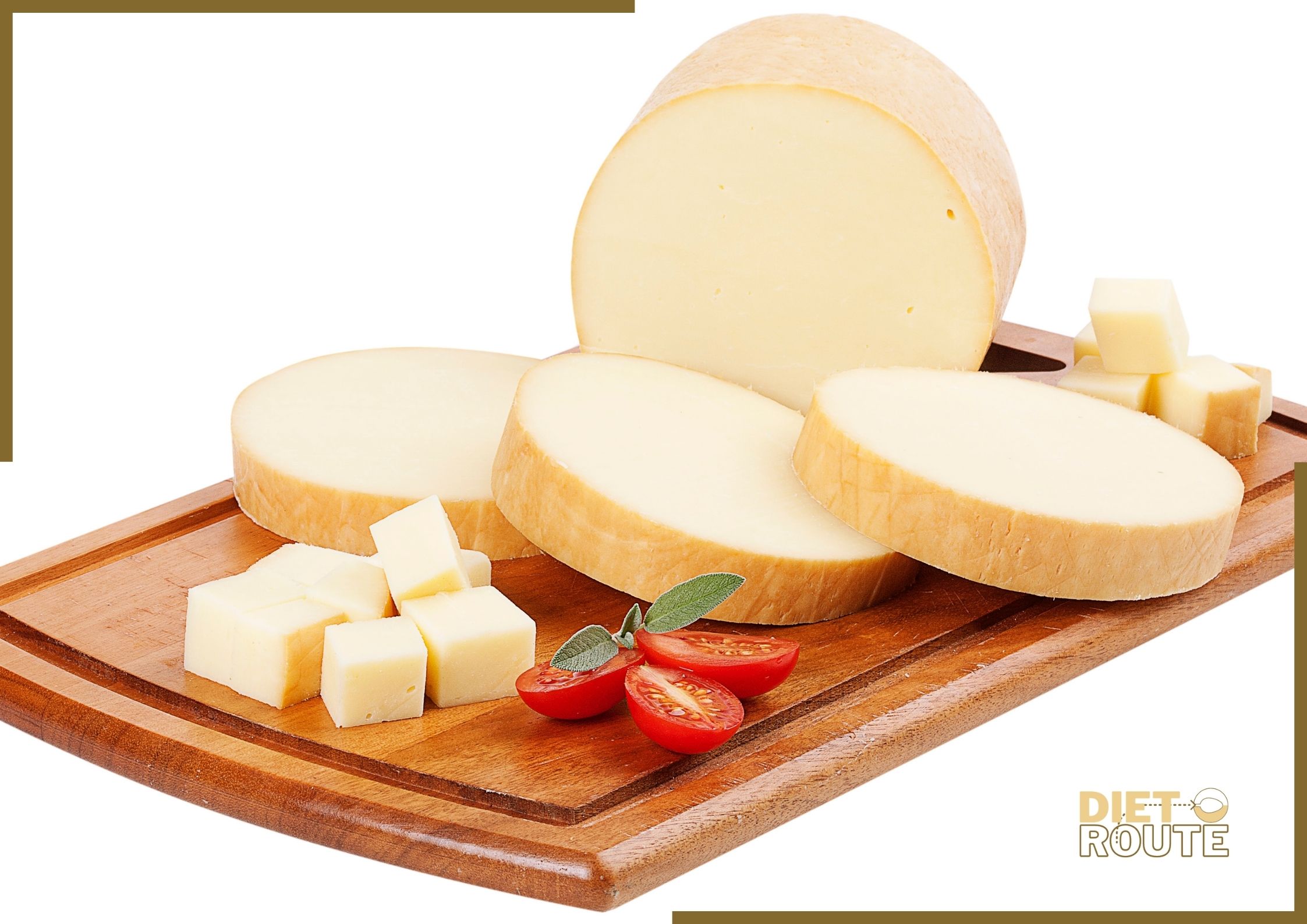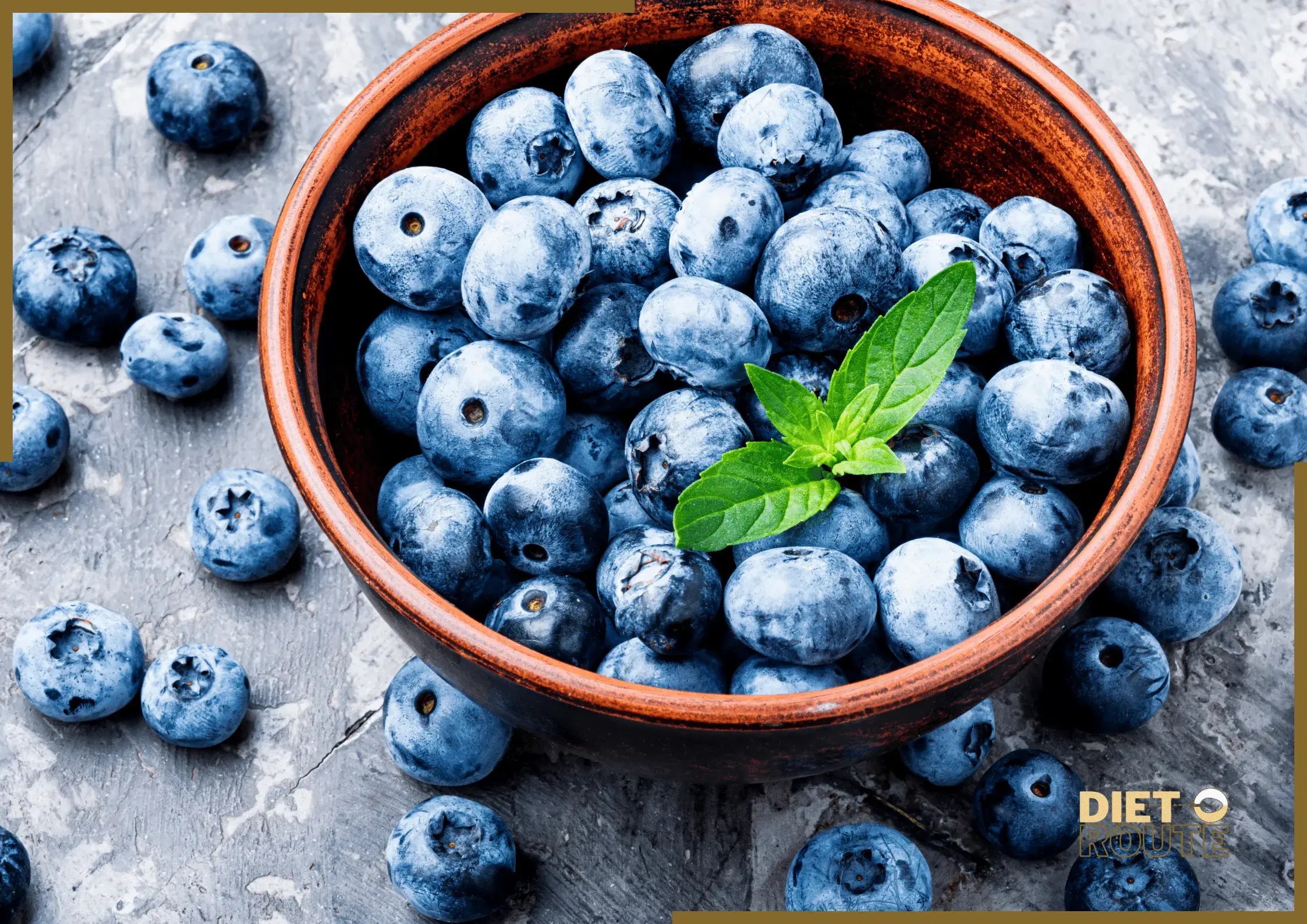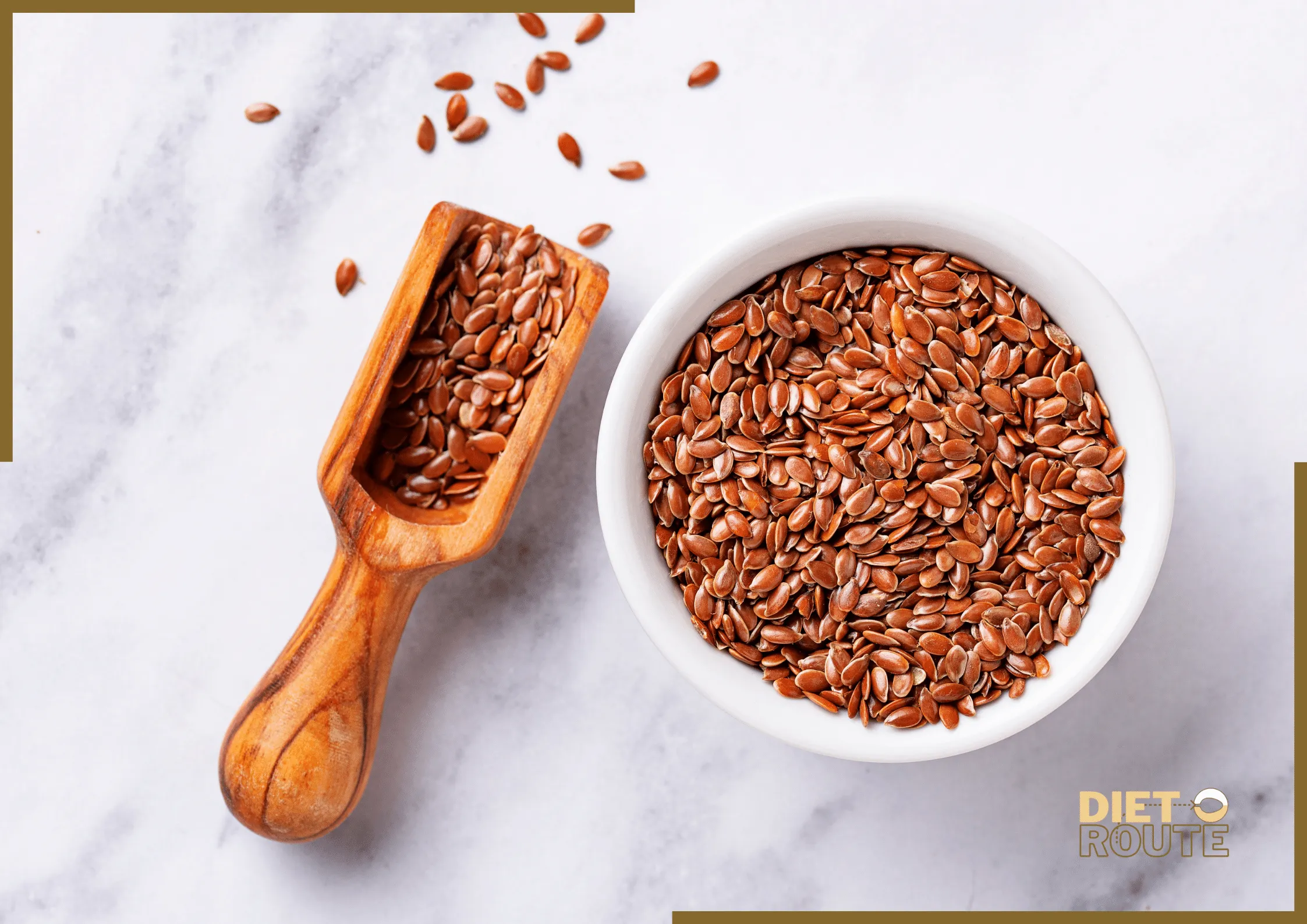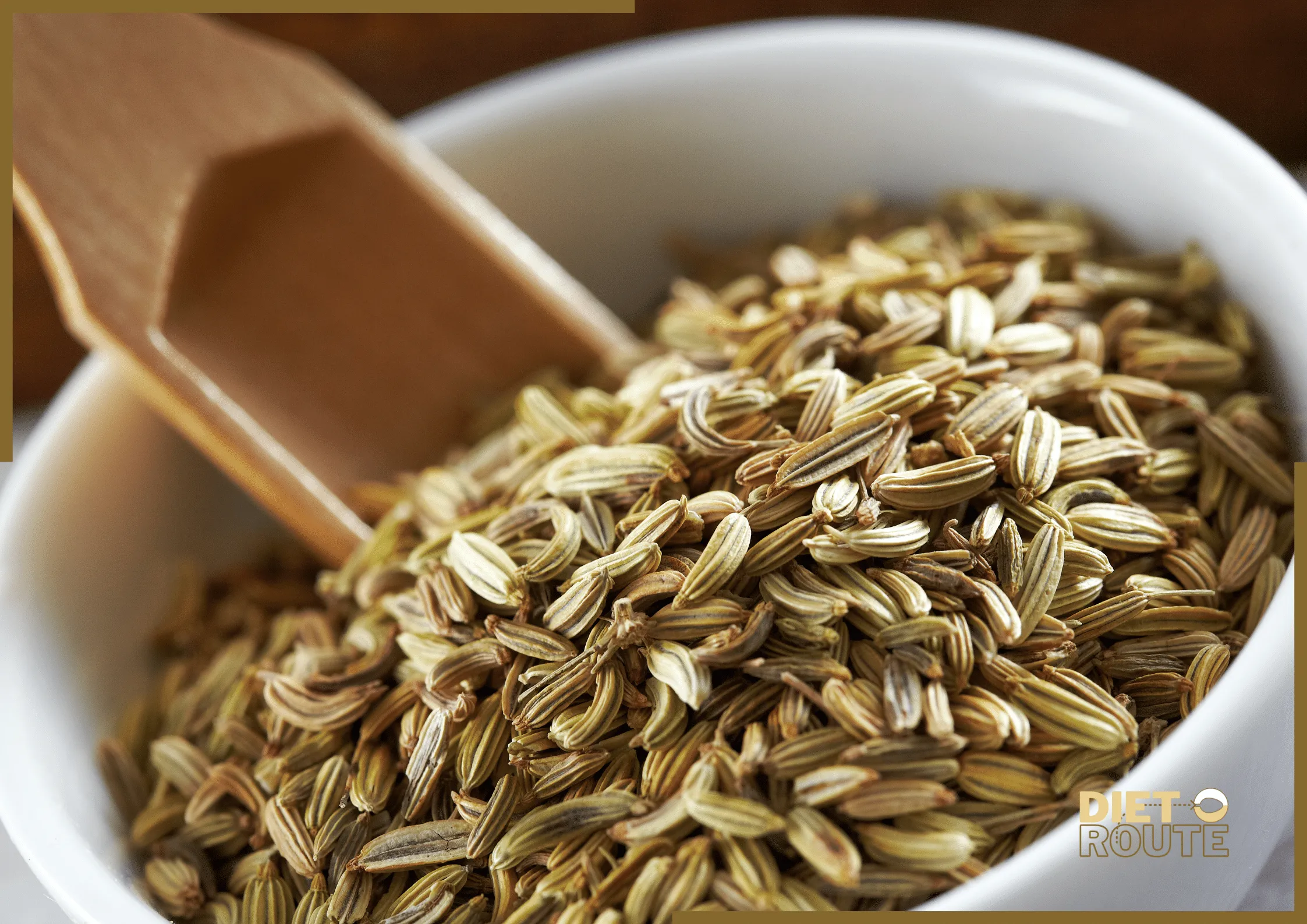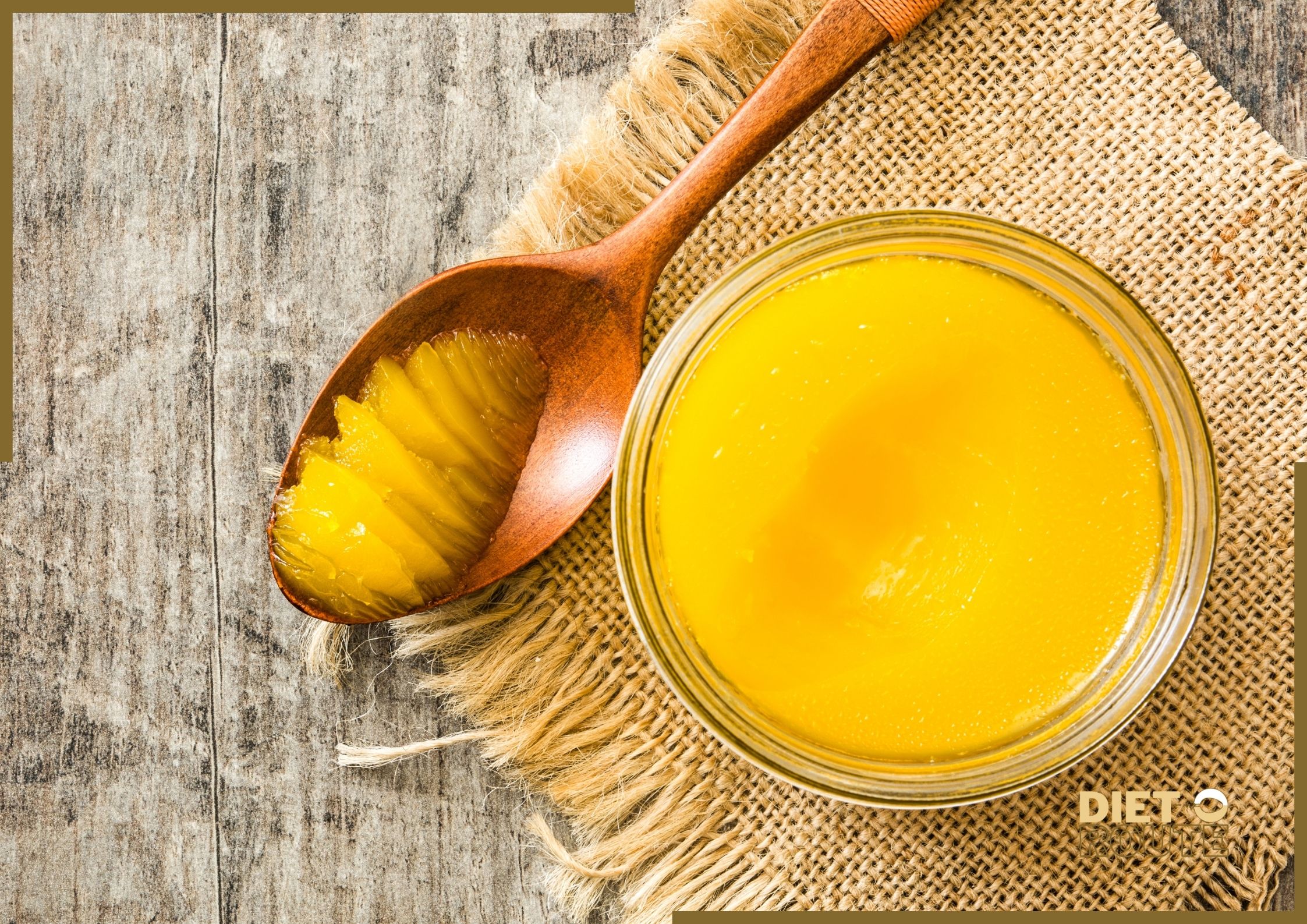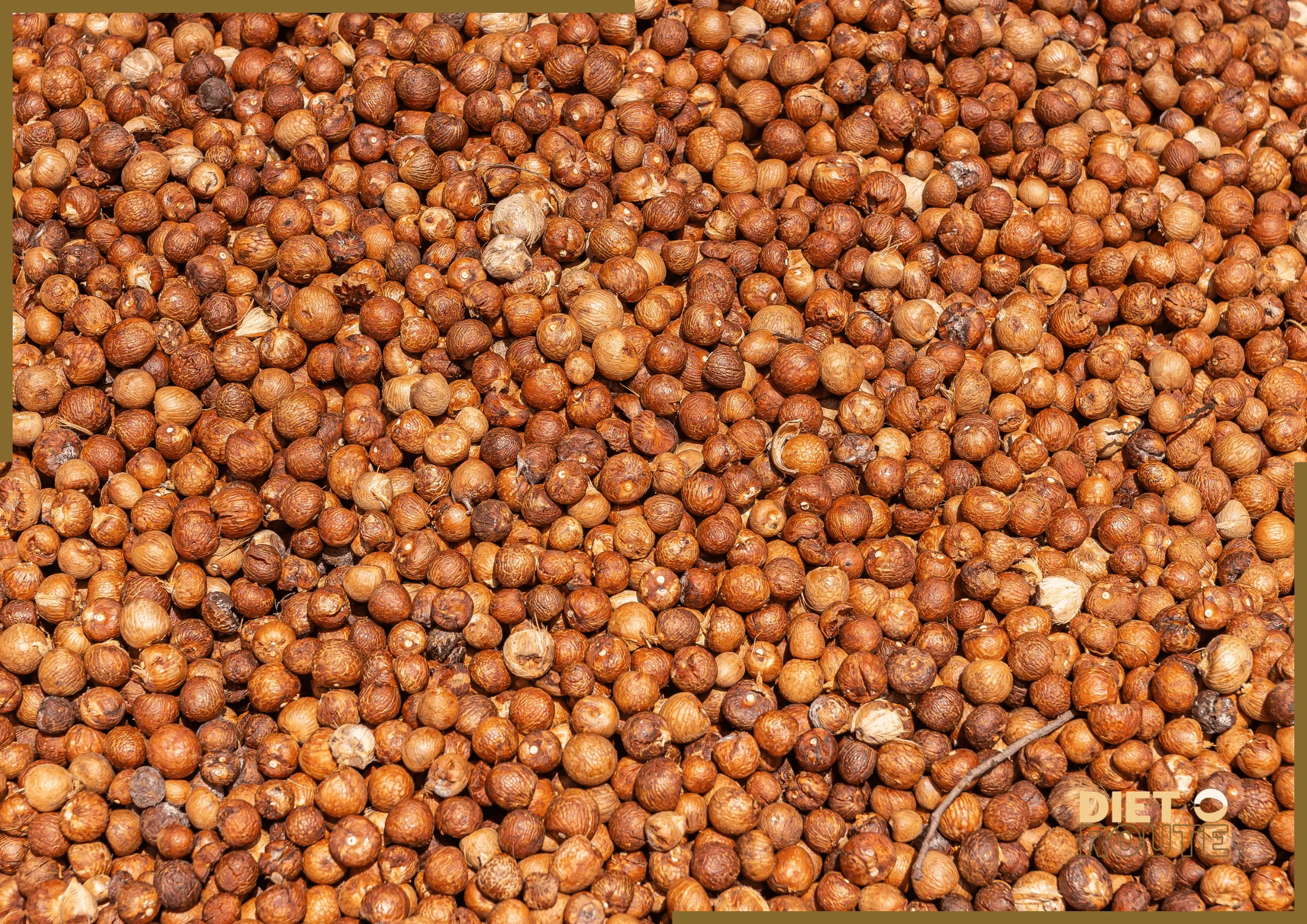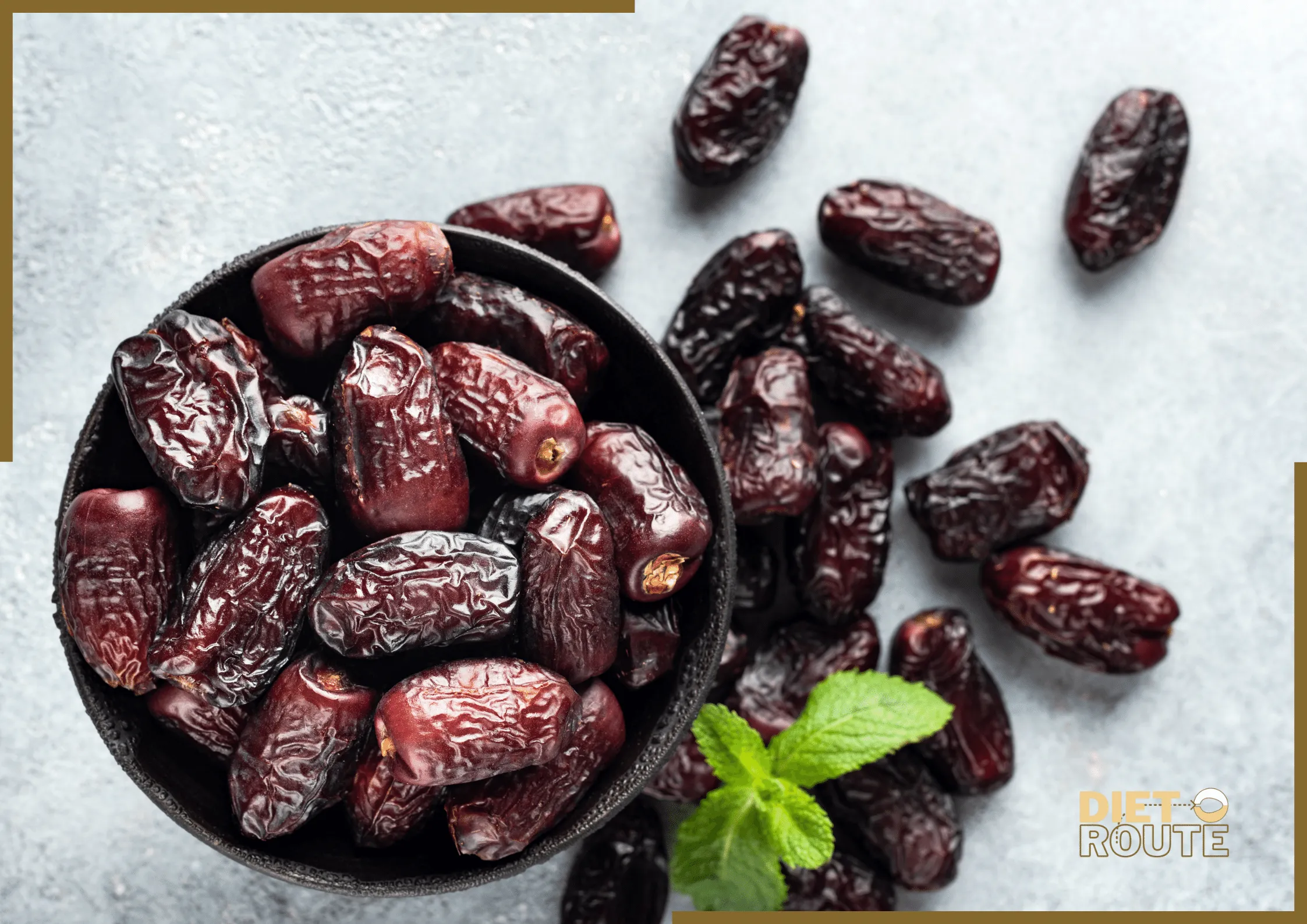Table of Contents
Introduction
Gouda cheese is a popular Dutch cheese that is known for its creamy texture and unique flavor. It is named after the Dutch city of Gouda, where it was first made. In this article, we’ll look at the nutritional makeup of Gouda cheese, talk about its pros and cons, respond to some common questions, and end with some thoughts on its role in a healthy diet.
Nutritional Value Approximately 100g
The values provided are approximate can vary depending on the size and quality.
| Nutrient | Amount | Percentage Daily Value |
| Calories | 356 kcal | 18% |
| Total Fat | 27 g | 42% |
| Saturated Fat | 17 g | 85% |
| Cholesterol | 94 mg | 31% |
| Sodium | 819 mg | 34% |
| Carbohydrates | 2 g | 1% |
| Sugars | 2 g | – |
| Protein | 24 g | 48% |
| Calcium | 736 mg | 74% |
| Vitamin A | 690 IU | 14% |

Pros
1. Good source of protein:
Gouda cheese is a good source of protein because it is rich in protein, which is essential for building and repairing tissues as well as for many enzyme functions in the body.
2. High in calcium:
It has a lot of calcium, which helps keep bones and teeth healthy.
3. Vitamins and Minerals:
It has essential vitamins and minerals, like vitamin A and calcium, which add to the total nutritional intake.
4. Versatile:
It is versatile in the kitchen and can be enjoyed on its own, melted in sandwiches, grated on pasta, or added to a variety of recipes.
Cons
1. High in saturated fat:
It is high in saturated fat, which, when consumed in excess, may lead to health problems like high cholesterol levels. The key is moderation.
2. Sodium Content:
Individuals on a low sodium diet or those with high blood pressure should monitor their intake because gouda cheese includes sodium.
3. Lactose intolerance:
It is made from cow’s milk, so it may contain lactose. People who have lactose intolerance should be careful and think about other choices.
In a Nut Shell
The taste and nutritional advantages of gouda cheese are both excellent. Calcium and protein, both of which are essential for good health, are abundant in it. It has a high saturated fat content, so it’s important to consume it in moderation. It can be enjoyed as part of a balanced diet by taking into account individual dietary needs and health issues. Use it in creative ways in your meals to enjoy its creamy texture and rich flavor while keeping the nutritional balance of your meals as a whole.
Frequently Asked Questions (FAQs)
1. Can individuals with lactose intolerance consume Gouda cheese?
It is typically lower in lactose than other types of cheese, making it possibly more palatable for individuals with lactose intolerance. It’s important to monitor your body’s reaction because individual tolerance may range.
2. Can women who are pregnant eat Gouda cheese?
However, it is advisable to consult a healthcare professional for personalized dietary advice. Pregnant women can consume it if it is made from pasteurized milk.
3. Is Gouda cheese best served refrigerated?
To keep its freshness and stop germs from growing, it should be refrigerated. The best way to store it is in the box it came in or tightly wrapped in plastic wrap.
4. Can individuals with gluten intolerance consume Gouda cheese?
Most Gouda cheese doesn’t have gluten in it. But cross-contamination can happen when making or storing the food. To ensure safety, people with gluten intolerance should read labels or opt for approved gluten-free products.
5. Can you cook with Gouda cheese?
Yes, you can cook with this cheese. It melts well, making it suitable for recipes such as grilled cheese sandwiches, macaroni and cheese, and quiches.
6. How long can you keep Gouda cheese?
It is best consumed a few weeks after purchase. But the exact shelf life relies on things like how the cheese was stored and how old it is.
7. Can you eat the rind of Gouda cheese?
Most of the time, the rind of these cheese can be eaten and adds flavor. But some people like to take it out before they eat it.
8. Can allergies be caused by Gouda cheese?
In individuals with milk protein allergies, which is made from cow’s milk, may cause an allergic reaction. If you know you have allergies, it’s important to be careful or find suitable alternatives.
9. Can you freeze Gouda cheese?
You can freeze Gouda cheese, but the texture may change. For optimal flavor and quality, it’s best to consume it immediately.
10.What foods go well with Gouda cheese?
Gouda cheese goes well with apples, pears, crackers, toasted bread, nuts, and other snacks. It goes well with a variety of wines and can be enjoyed as part of a cheese platter.

